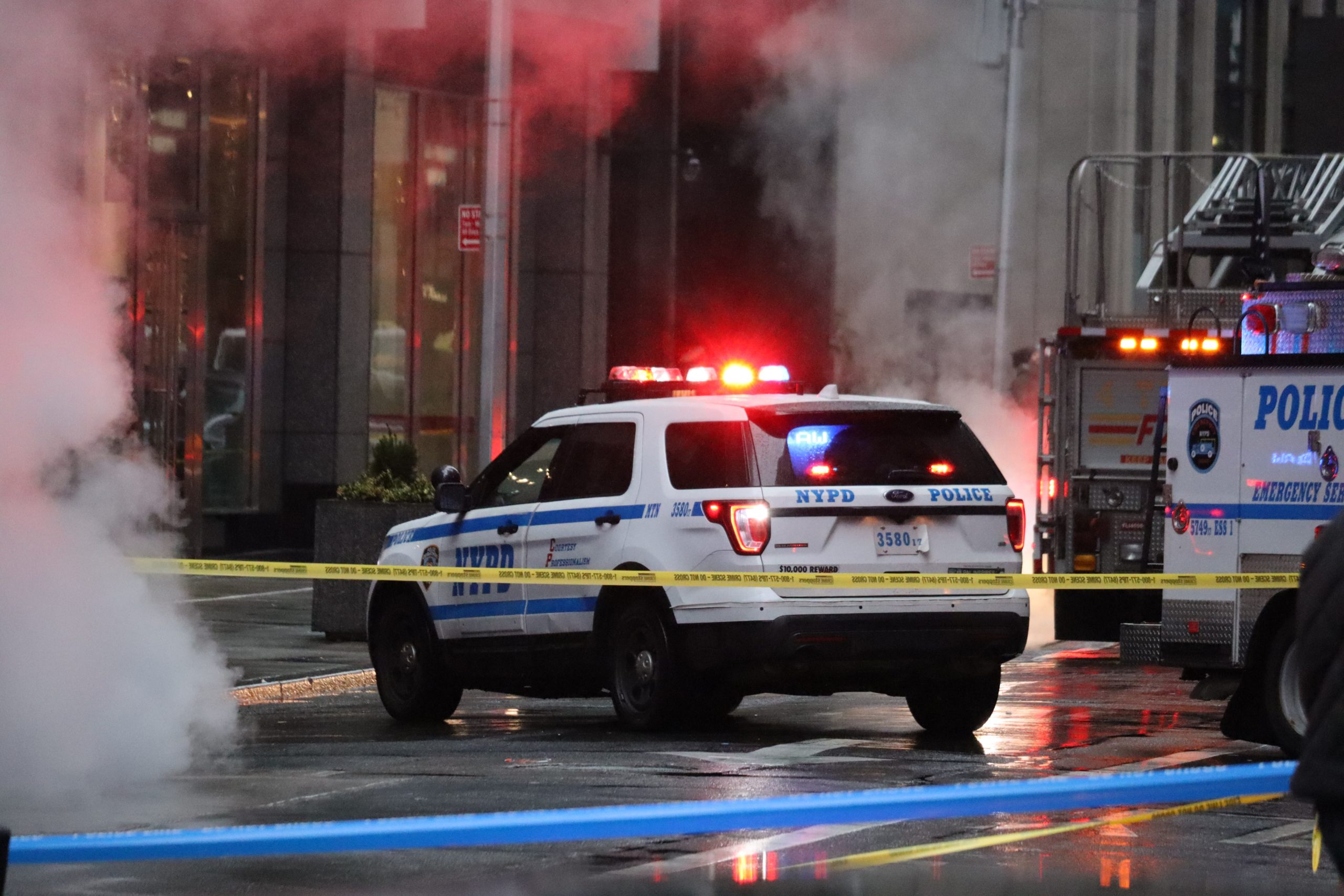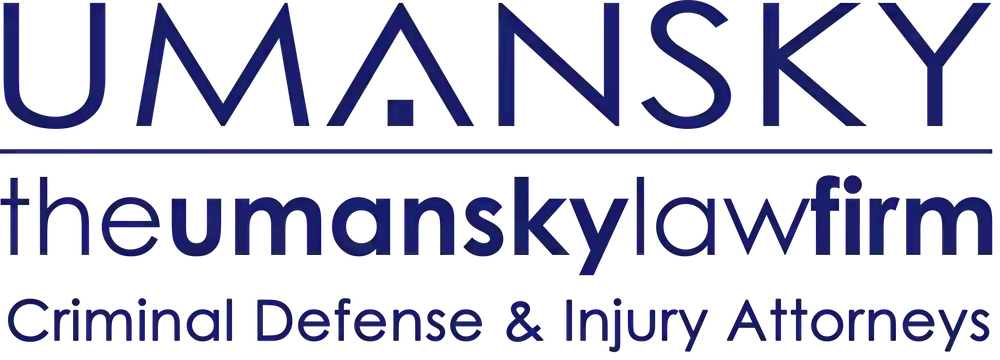
New England Patriots Drop Hernandez as Arrests Are Made
According to various news reports, New England Patriots teammate Aaron Hernandez may be charged with the obstruction of justice in Massachusetts from a murder investigation surrounding him.
According to ABC news and other reports, Hernandez was seen hanging out with his friend Lloyd in several nightclubs before Lloyd was found shot in the back of the head. There is mounting speculation that Aaron Hernandez was somehow involved. News reports regarding a potential charge of obstruction of justice have surfaced because of the following three allegations against Hernandez:
1) That he allegedly erased surveillance tapes at his house
2) That he allegedly broke his phone before turning it into the police
3) Hired a cleaning crew to scrub his house.
Though we don’t know if those allegations are true, it certainly raises an interesting question: if those allegations happened here, would they amount to a violation of Florida’s resisting arrest without violence or instruction of justice statute?
Florida statute 84302 states in pertinent part: Whoever shall resist, obstruct, or oppose any officer as defined in s. 943.10(1), (2), (3), (6), (7), (8), or (9); member of the Parole Commission or any administrative aide or supervisor employed by the commission; county probation officer; parole and probation supervisor; personnel or representative of the Department of Law Enforcement; or other person legally authorized to execute process in the execution of legal process or in the lawful execution of any legal duty, without offering or doing violence to the person of the officer, shall be guilty of a misdemeanor of the first degree, punishable as provided in 775.082 or s. 775.083.
If this happened in Florida, could an individual be charged with obstruction of evidence? What if he destroyed his property prior to an investigation? The tapes, his phone and his house are his property. What if someone erased tapes, broke their phone and cleaned their house after police contacted him regarding an investigation? Does a violation of Florida’s statute turn on whether police contacted the suspect? What do you think?



